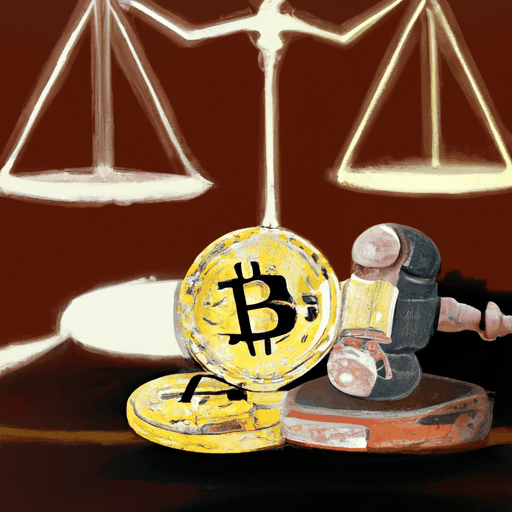
The UK Contemplates Fate of $7.2 Billion Seized Bitcoin Amid Fraud Case
By: Isha Das
The United Kingdom currently finds itself at a legal juncture with the fate of 61,000 seized Bitcoin (BTC), now valued at approximately $7.2 billion, in the balance. This cache of digital currency, seized back in 2018 in connection with a massive Chinese fraud affecting over 128,000 investors, has sparked intense discussions among UK officials. At the heart of these deliberations is whether to retain the substantial gains from the seized Bitcoin or to distribute them to the victims at current market value.
The legal proceedings are centered around Zhimin Qian, also known as Yadi Zhang, who was convicted on multiple counts of investment fraud. With impending court orders, UK officials are weighing their options, and a January hearing is set to determine the legal and financial remit. The key legal instruments here include the Proceeds of Crime Act 2002, which enables the confiscation of criminal benefits, and the Sentencing Act 2020, a statute prioritizing victim compensation. These frameworks ensure that the victims' losses are given precedence over any fines or state benefits.
This biennial legal exercise is further nuanced by the financial implications at play; Treasury officials have purportedly considered utilizing the $6.4 billion surplus from market valuations to narrow a budgetary deficit projected to be between £30 to £40.5 billion. However, the outcome of these deliberations hangs on whether the High Court will mandate compensation based on initial investments—approximately £640 million—or the current market metrics, where Bitcoin trades have significantly appreciated in value.
The UK has strategically updated its crypto seizure protocols, ensuring court-supervised holding, conversion, and selling mechanisms are in place. If the court rules in favor of original loss compensation, the government would then be positioned to distribute the existing surplus as per the Asset Recovery Incentivisation Scheme. This decision could result in splitting net receipts between central government bodies and operational collaborators like the police and prosecutors. Conversely, if awards are based on current market value, the full amount of the seized Bitcoin will be returned to victims, likely through complex cross-border verification and distribution methods.
In preparation, fiscal, market, and logistical assessments underscore the need for methodical execution in realizing Bitcoin's stored value without destabilizing the market—a scenario witnessed in past asset transfers by jurisdictions like Germany and the United States. While the market dynamics suggest that discrete, well-paced sales could absorb such transactions without significant price disruption, the final disposition of these assets remains bound to the forthcoming court ruling, legislative guidance, and operational prudence.



